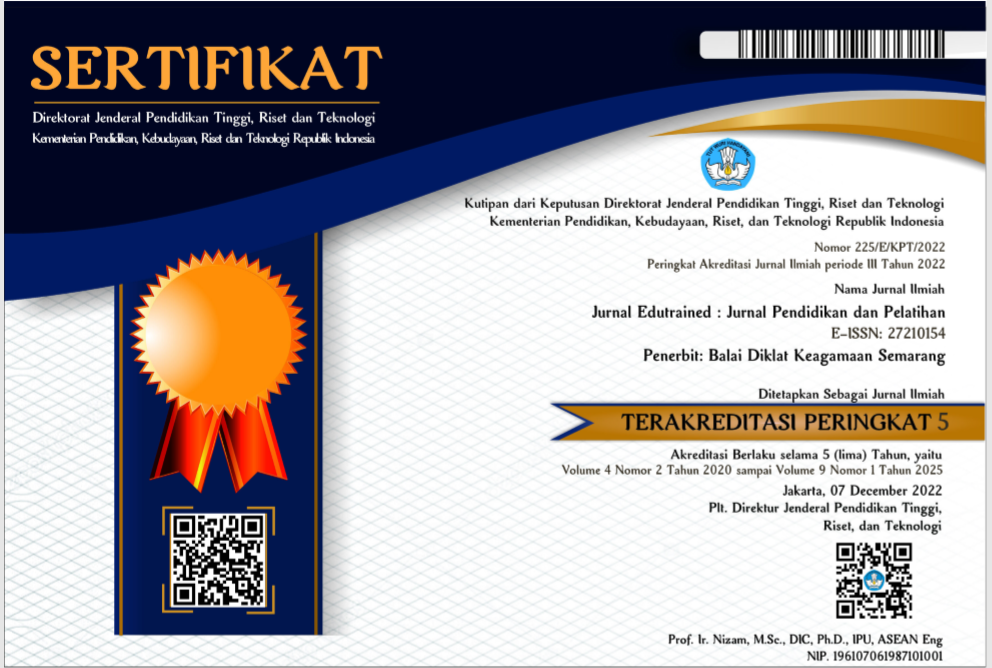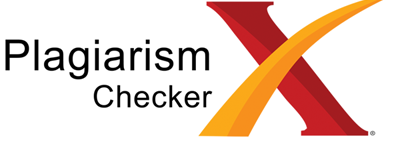Peningkatan Hasil Belajar IPA dengan Model Problem Based Learning MTs Negeri 2 Purbalingga
Abstract
This study aims to determine the effect of the combination of plasticine and video media with the Problem Based Learning (PBL) model on the learning outcomes of the Excretory System. The type of research applied is Classroom Action Research (CAR) with 15 students of class 8B MTs Negeri 2 Purbalingga as research subjects. Video is used as an illustration of the problem to be solved with the PBL model. Data collection was carried out using learning outcomes with multiple-choice items based on google form. The independent variable in this study is the Problem Based Learning Model, while the dependent variable is learning outcomes. By using descriptive quantitative analysis, this study obtained several findings. First the average score of learning outcomes in the first cycle was 42.67. Second, by using plasticine media to reconstruct the nephron model, the average learning outcome in the second cycle was 67.31, an increase compared to the first cycle. Third, there was an increase in the average student learning outcomes in the third cycle, which reached 91, 67. Classical completeness with KKM 70 in the first cycle is 20%, the second cycle is 46.67%, and the third cycle is 100%. Based on the results of the study, it can be concluded that the PBL model can improve learning outcomes.









